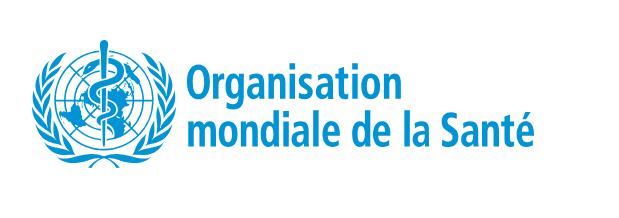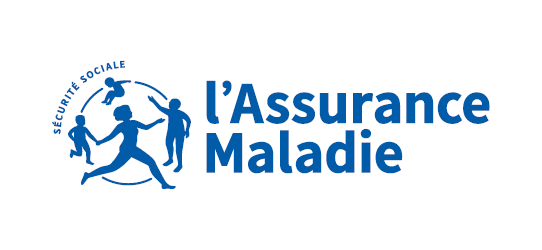The European Commission drew up a draft regulation aimed at establishing a European Health Data Space (EHDS) to guarantee citizens' access to their health data, facilitate patient care across Europe, and create a common framework for research and innovation.
Initiatives such as MyHealth@EU are being put in place to achieve these objectives, giving healthcare professionals access to the medical data of European patients and facilitating the cross-border exchange of medical information. France’s contribution is the service Sesali, deep-dive into this service and the other european initiatives.
👉Pour accéder à la version française du site : Cliquez ici
A Key Regulation for the European Data Strategy
The European Commission has proposed a draft regulation aimed at establishing a European Health Data Space (EHDS) for:
- Guaranteeing citizens access to their health data;
- Ensuring continuity of care, by allowing healthcare professionals direct access to the health data of patients under their care, with the patient's consent, immediately, under secure conditions, free of charge and in the language of the healthcare professional, whatever European country the patient resides in;
- Creating a common framework at European level for the re-use of health data for research, innovation and policy-making purposes, with a single request for access, a European data and metadata catalogue, and under secure conditions.
This draft regulation therefore includes a section on primary use of health data (MyHealth@EU), a section on secondary use of health data (HealthData@EU) and a certification section (single market access for software publishers, digital MDs, and applications).

Get to know our activities
On the European Pathway
The digital health roadmap now integrates current European programs to which the Digital Health Agency and its partners contribute.
Discover the international dimension in the chapter “The European Health Data Space (MaSanté@UE and Sesali)” of the digital health doctrine (page 57, french content).
This chapter covers the essential elements, namely: The European Health Data Space, the presentation of benefits through use cases with MyHealth@EU and the Sesali portal. As well as the associated ambitions and planning.

The MyHealth@EU programme
What objectives ?
The aim is to facilitate the exchange of European citizens’ health data as part of their care pathway, by giving healthcare professionals access in their own language to the medical data of the patient they are caring for.
How ?
The MyHealth@EU European trust network connects Member States via their national e-health contacts. Access to citizens' health data is provided via these contacts, through European interoperability for care pathway data.
What about France ?
In France, the ANS is this contact and therefore the entry point for the MyHealth@EU services. To this end, the ANS is implementing the Sesali.fr service and its API for healthcare software, which currently enables healthcare professionals to connect and consult the medical summary of a patient from another European Union country.
Use Cases and European Guidelines
Patient Summary
The use case enables a query to be made to the cross-border data so that the European equivalent of a synthèse médicale (Patient Summary) can be consulted for patient care and clinical sections, such as allergies and adverse reactions, active diseases and current treatments, treatment history, medical and surgical history, vaccine records.
e-Prescribing and dispensing medicines
The aim of this use case is to support the prescribing and dispensing process through the exchange of supporting data for patients travelling within Europe. A patient with an e-Prescription will be able to pick up medicines in the country where they are being treated.
Laboratory results
The aim of this guideline is to share lab results: From the home country to the country of treatment From the country of treatment to any healthcare professional
Medical imaging documents
The aim of this guideline is to share medical imaging results and reports From the home country to the country of treatment From the country of treatment to any healthcare professional
Hospital discharge letters
The use case enables a query to be made to the cross-border data so that the patient's hospital discharge letters can be consulted. These are very comprehensive clinical documents that provide a detailed history of the diagnoses, treatments, and procedures carried out during the hospital stay.
Accelerating eHealth throughout Europe
Deep-dive into the creation of a trusted system of data exchange and governance, infrastructure and interoperability to better serve the patients. From strategic to operational commitments, discover our main European & International eHealth initiatives and projects.









